- Like kids, not all novels grow the same way. They learn to walk, talk, climb, and consider consequences at different times. There's a general expectation for these developments, but even kids who don't fall into the norms charts have something very special to offer. I once worked with a five-year-old whose piano teacher had given up on him at the age of two when he was able to transpose sheet music to a new key in his head and play it instantaneously. She said he was more advanced than she was, and she had nothing left to teach him. Why did I work with him? He didn't know how to interact with other five-year-olds. Let your novel grow at its own pace. If that means you don't have the same word count as you expect, figure out what you do have and rely on that strength to grow your draft. Wait till revisions to worry about the other stuff.
- I knew from the beginning that I'm not a word count writer, so I didn't try to write by word count. My goal for this month has been to find entry points into a story that was too big for me. I've found three entry points already, and these characters' individual stories are growing beautifully. While I don't have 16,000+ words on the page, I do have some of the biggest challenges of the book solved already. On November 1, I did not. What do you have today that you did not have on November 1? How can you build the rest of the month around the way you do write instead of the way you don't?
- Jessica Wunder, one of my writer friends, says her goal this month is to keep pushing the story forward. She knows she lets herself nitpick, so she's forcing herself from scene to scene, and this is getting it done. I am the opposite. My novels don't grow from point A to point B. They are more like cell division: one cell becomes two, become four, become eight, and so on. The different bits grow simultaneously, so I grow my work by going back and expanding what exists. How does your work grow? Forward? Backward? By prompt? At the cellular level? If it's not growing, it may be because you're expecting a kind of growth that isn't natural to you or your work. Pause and consider when growth spurts have happened before. What do those look like? How can you create similar conditions for your writing now?
- Another writer friend, Leslie Salas, says she always leaves something unfinished at the end of a writing session. If she doesn't complete the scene, her brain will naturally pick at it while she's away from her writing, and it takes less time to warm up to the work the next time she sits down. If she finishes a scene, she makes sure to get a few sentences or questions into the next one before closing up shop for the day.
- If you're stuck, there are a few things you can do to take the pressure off and get unstuck. One is to step away from the work. Take a walk, bath, drive, whatever. But do something that gives your brain a break. If you're stuck because you don't know a character or setting or some other part of the book, open a new file, one that will never show up in the novel, and brainstorm. Write out scenes you don't intend to use. Write an interview with your character, or with three characters that aren't important to the book, but who know your character - one who likes them, one who doesn't, and a third of your choice. Ask yourself what scares you about the story. If nothing scares you, that's the problem. You're writing safe. That will bore you and the readers. Find a theme or idea that scares you and let your character wrestle with it.
- Sit down next to another writer and be anti-social. Instead of visiting with each other, write. There's nothing like hearing another writer tapping away at their keyboard to get you motivated to tap away at yours.
These are just a few things that I've found that work for me in writing in general, not just for Nano. If you have more tips to add to the comments, please do!




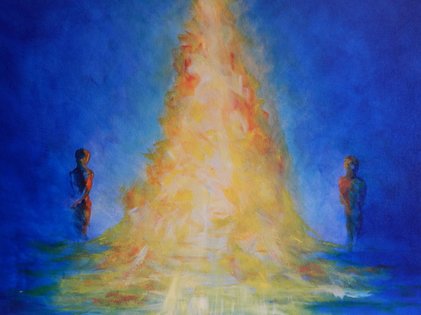
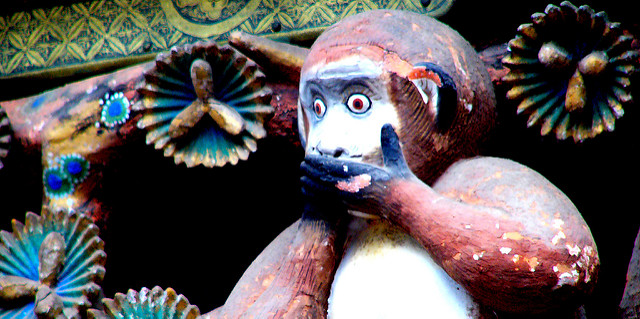
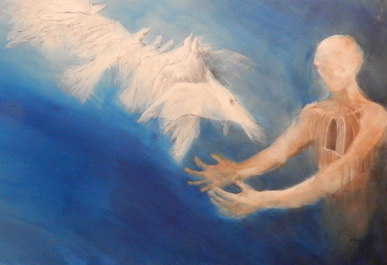
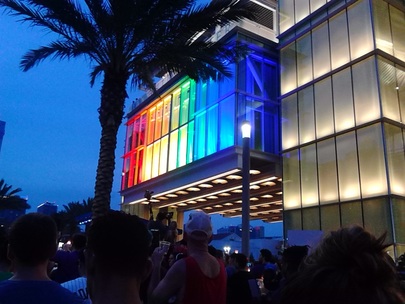
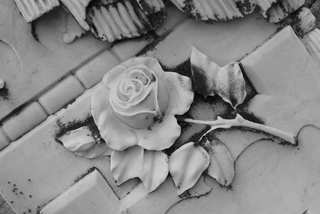
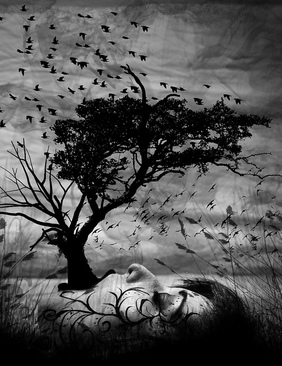
 RSS Feed
RSS Feed